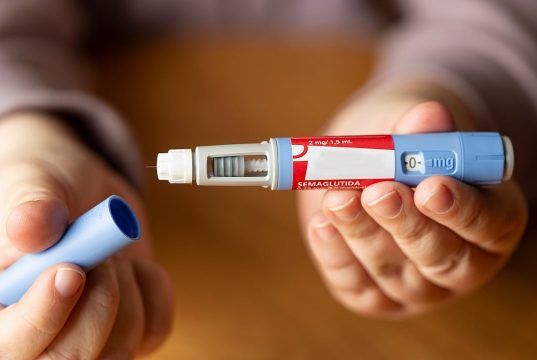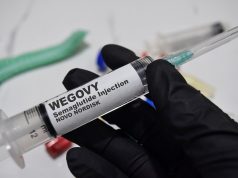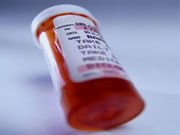Many Physicians Show Tendency to Undertreat With Statins
Target levels more likely to be achieved in departments that prescribe more statins
No Benefit From Aliskiren-Tied Drops in Albuminuria
Overall albuminuria drop may be too small for cardiovascular, renal risk protection
Fasting Glycemia Screening Is Alternative to 75-g GTT for GDM
Screening with fasting glycemia results in sensitivity of 78.5 percent, avoids glucose loading
Higher Fiber Intake in Youth Tied to Lower Breast Cancer Risk
Lower breast cancer risk for higher total, soluble, insoluble fiber intake in early adulthood
Mobile Texts May Up Adherence to Meds for Chronic Illness
Meta-analysis shows mobile phone text reminders double the odds of medication adherence
Opioids Don’t Ease Disability in Neuropathic Pain
Medications aren't useful in restoring motion, researchers say
Earlier Age at Menarche Linked to Increased Risk of GDM
Association partly mediated by prepregnancy body mass index
Demand for Medical Office Space High and Increasing
Vacancy rate for medical office buildings 9.5 percent in third quarter of 2015; lowest since 2007
Soy Foods May Blunt Reproductive Harm From BPA
Potential interaction between soy and bisphenol A may protect fertility in women undergoing IVF
Flavonol Intake May Contribute to Weight Maintenance
Increased consumption of most flavonoid subclasses inversely linked to weight change over time



















